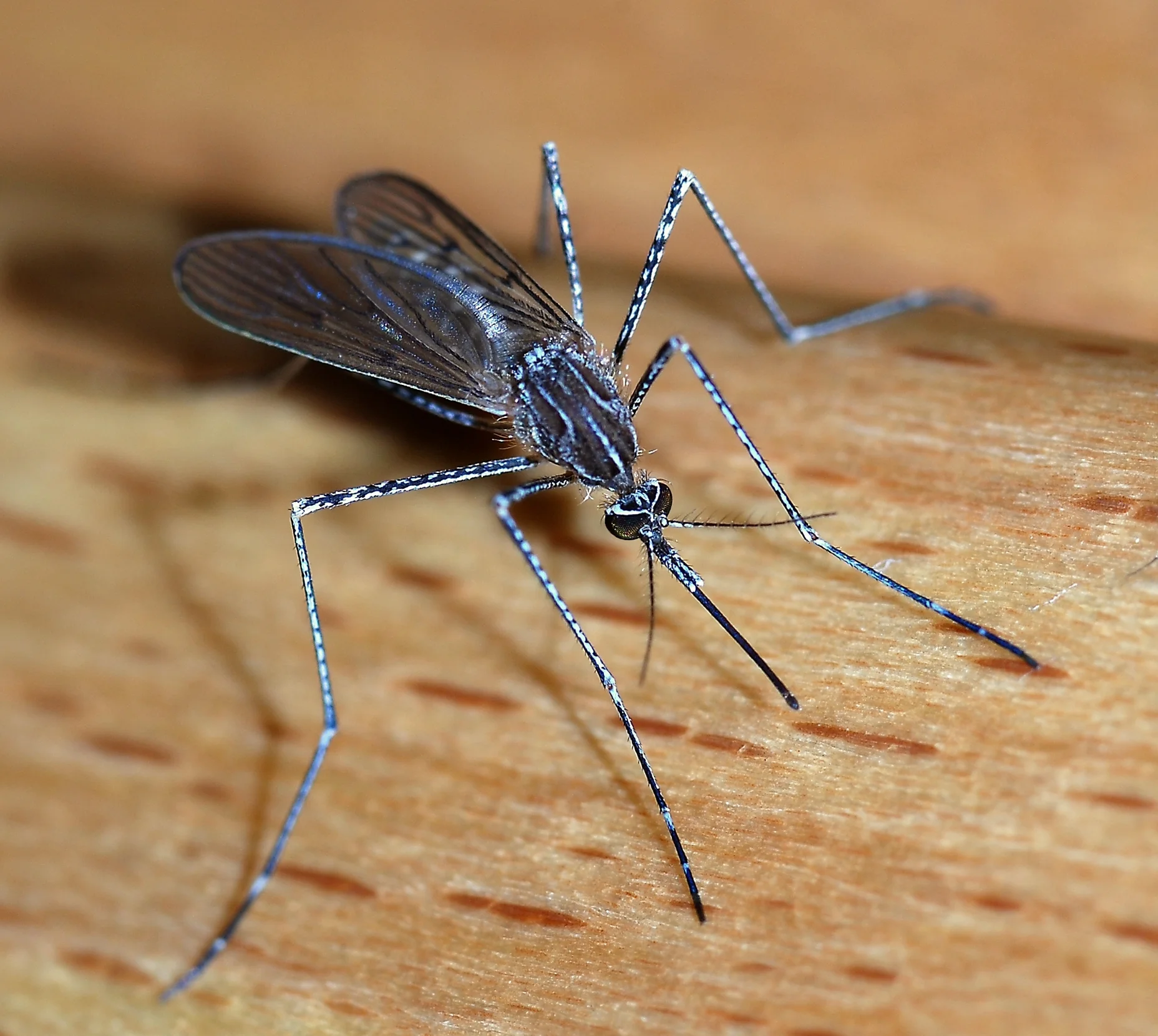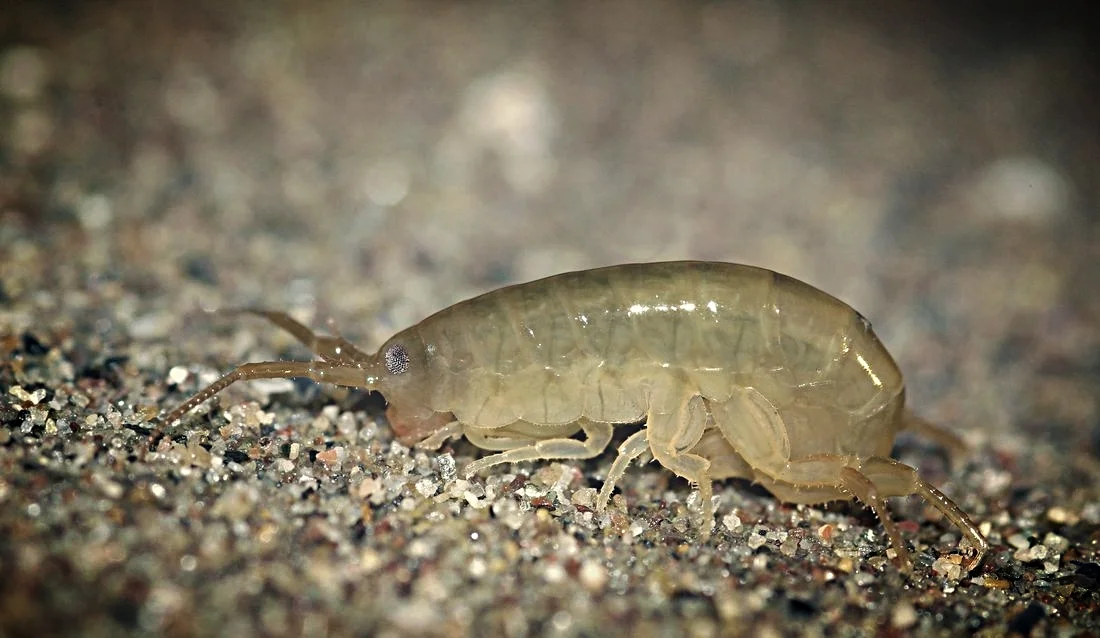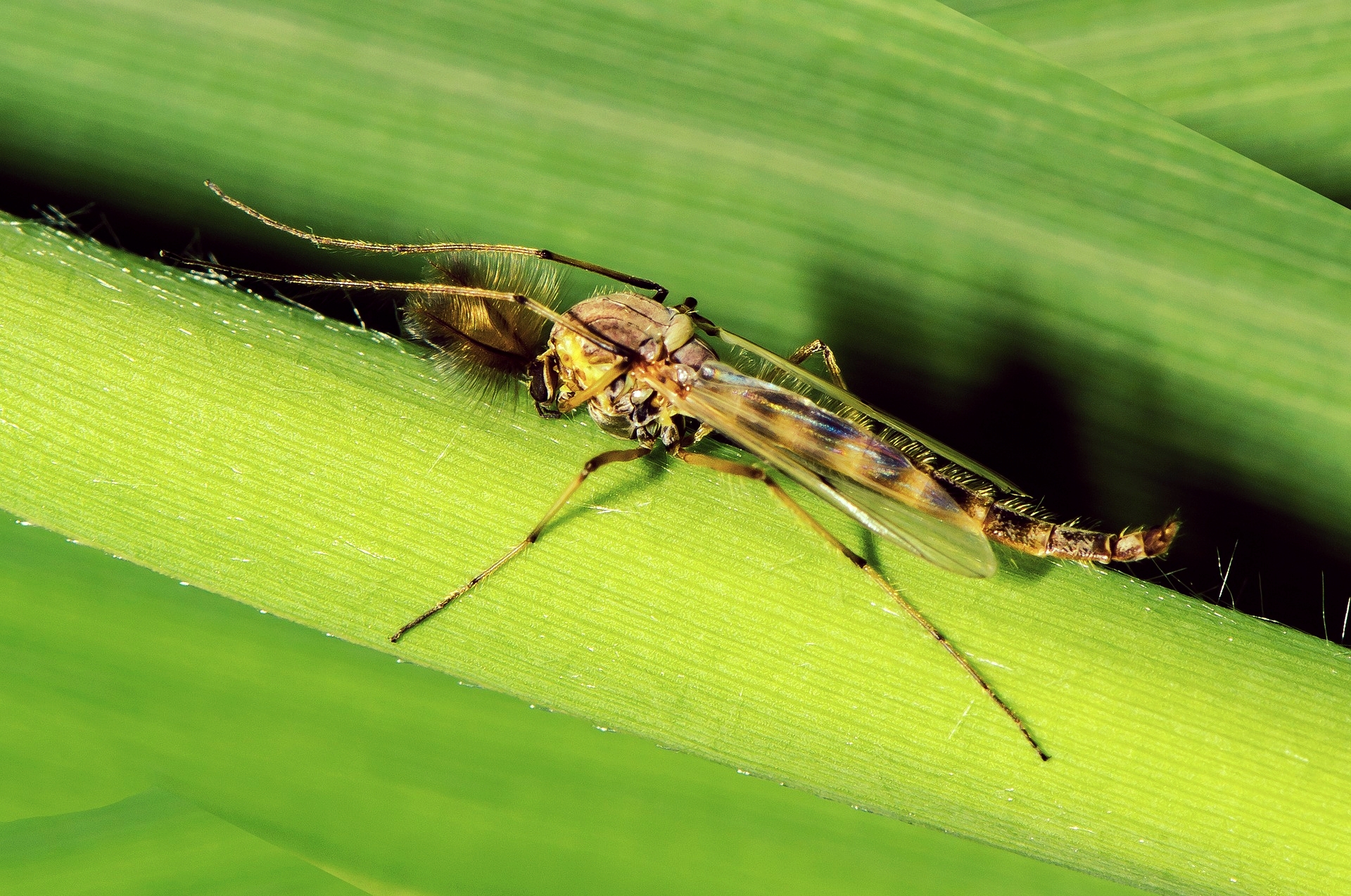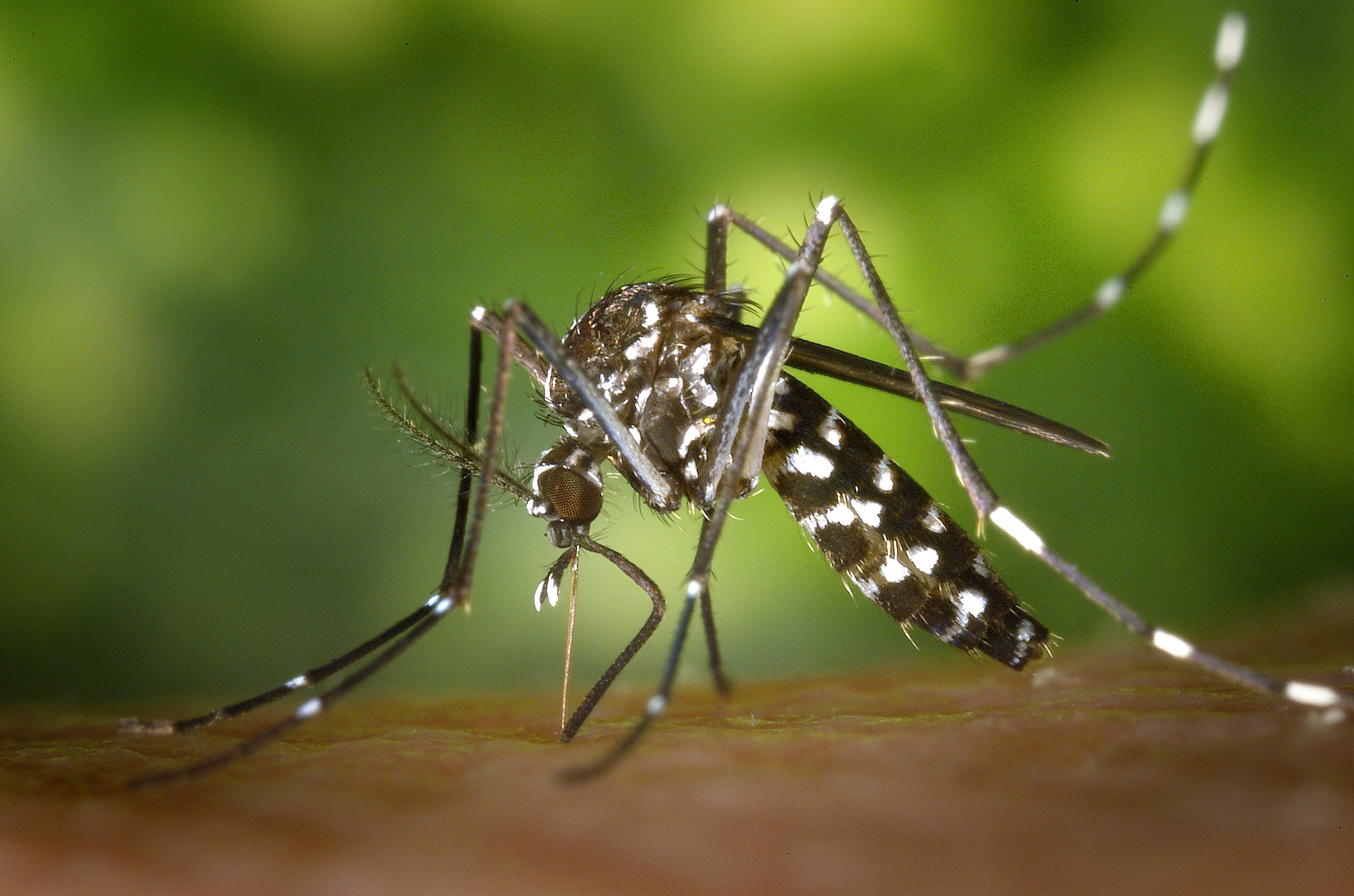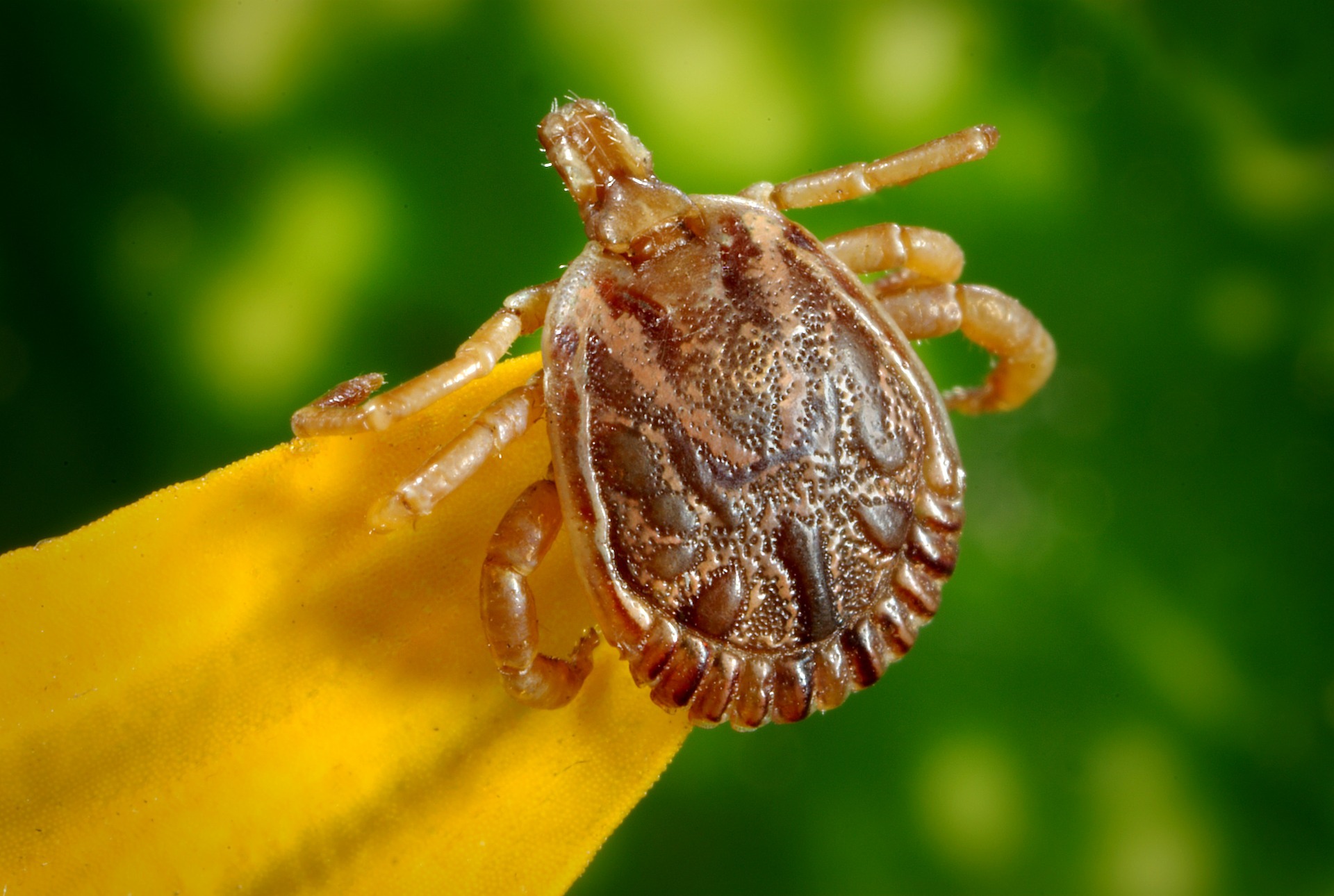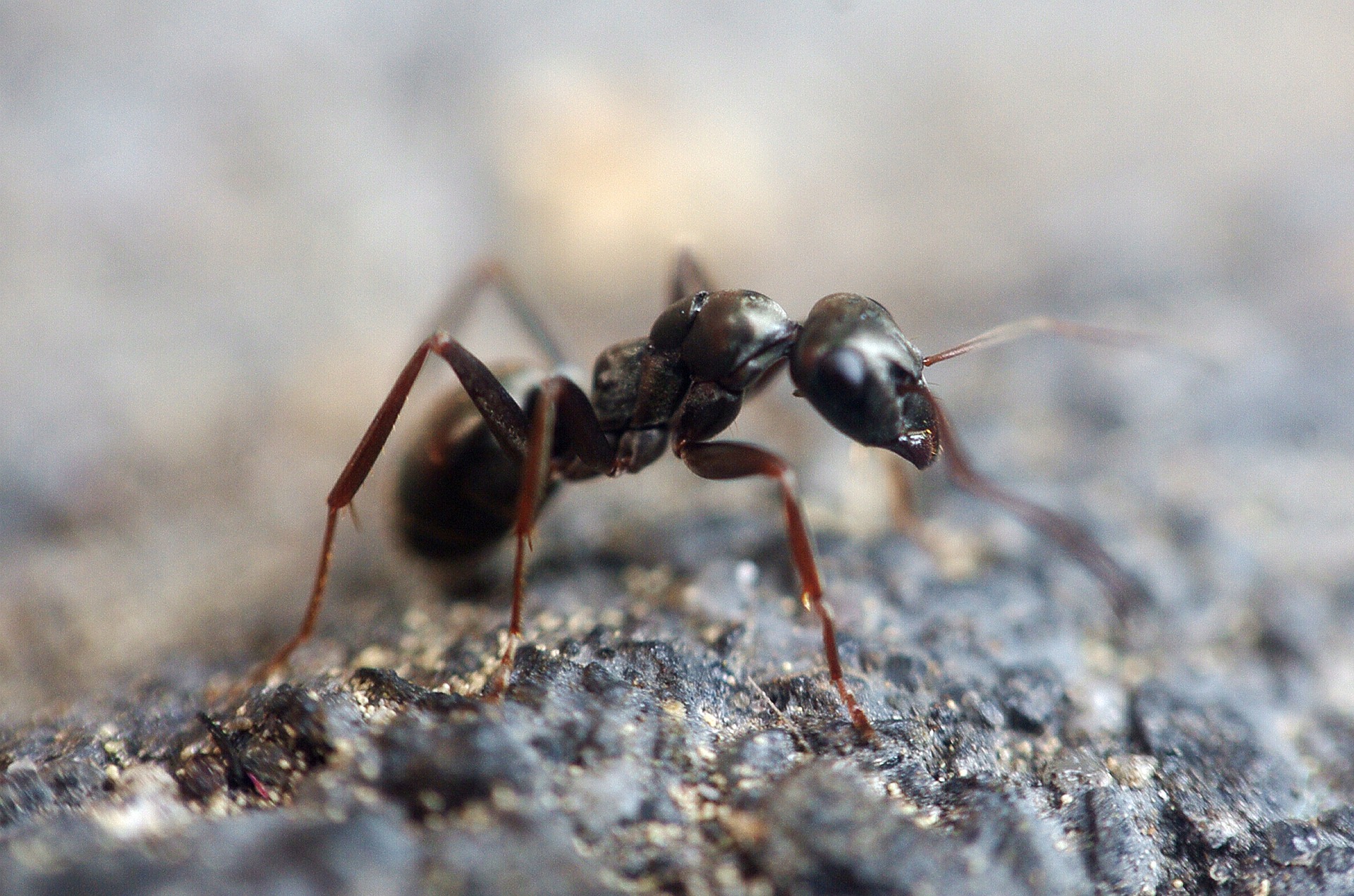As you head out on vacation this year be careful not to bring bed bugs home with you. Learn how to protect yourself wherever you go this summer with our free guide.
Most of us head out of town during the summer and travel off to a stress-free destination for some long over due time off. Whether you’re headed off to the beach or a mountain lake, to another country or remain in the U.S., remain aware of bed bugs.
Bed bugs are masters at hitchhiking and may infest five-star hotels, planes and vacation homes, along with everything in between. Rest assured that while bed bugs don’t spread disease, they can inflict itchy swollen welts. And who wants to spend their vacation time digging at their flesh or making an unexpected trip to Urgent care?
I am often asked: can you actually see bed bugs? The answer is yes, you can! The adult bed bugs are about a 1/4-inch long by roughly an 1/8-inch wide. Bed bugs are a reddish brown in color, but may appear more red after feeding. Bed bug nymphs,(or young) are visible as well, but hard to see as they are smaller - about 1/32 inch.
The last thing you want to do is bring bed bugs home back from vacation with you! I have been told over and again about how horrible people have felt after taking bed bugs from a hotel to a friend or relative’s house. While it's not really your fault, we definitely encourage everyone to take these steps to vacation bed bug-free.
IN HOTELS
- Place your luggage on smooth-surfaced furniture away from the bed, like a desk. If using a luggage rack, inspect it for bed bugs before placing your luggage on it - it only takes a few seconds. Look underneath, check the frame and so forth.
- Pull back the four corners of bedding and check the mattress and box spring for bed bugs - follow the seems as this is where bed bugs typically hide. If you notice black dots on the mattress, that could be an indication of a problem.
- Inspect all night stands, desks and headboards for signs of bed bugs.
- If you believe your hotel room has bed bugs, call the front desk and ask for a different room. Each time I stay at a hotel I ask if there has been any bed bug issues I need to be aware of at the time of check in.
AFTER TRAVEL
- Before unpacking, inspect your luggage for bed bugs. Do this outside.
- Place clothing from luggage in the dryer for at least 15 minutes on high heat. This will kill any bed bugs that may have come back with you.
By following these simple steps you can easily enjoy your vacation this year without worry of bed bugs keeping you up in your hotel room at night. You need to relax and have as much fun as possible so what are you waiting for? Have a great vacation!




